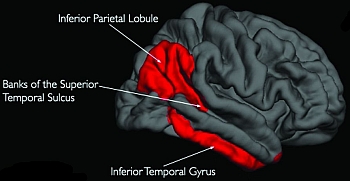
Rahul Desikan
With regards to our article “Apolipoprotein E (ApoE) ε4 Does Not Modulate Amyloid-β–Associated Neurodegeneration in Preclinical Alzheimer Disease,” we researched this topic because there is a need to better elucidate the pathobiologic changes underlying the earliest stage of Alzheimer disease (AD). Specifically, we wanted to better understand how ApoE ε4, tau, and amyloid together modulate the earliest neurodegenerative process in cognitively normal older adults. Clinically, our findings suggest the need for examining entities besides amyloid, such as ApoE and tau, when designing anti-amyloid therapeutic trials. Our findings also support the hypothesis that the Alzheimer disease process may involve an amyloid-dependent and an amyloid-independent stage. However, it is still not known whether there exist tau-dependent and tau-independent stages of the disease process, and current work from our laboratory is investigating this issue. That is, there is a need to further understand whether additional entities besides tau modulate β-associated neurodegeneration in preclinical and very mildly symptomatic AD. Taken together, these findings
